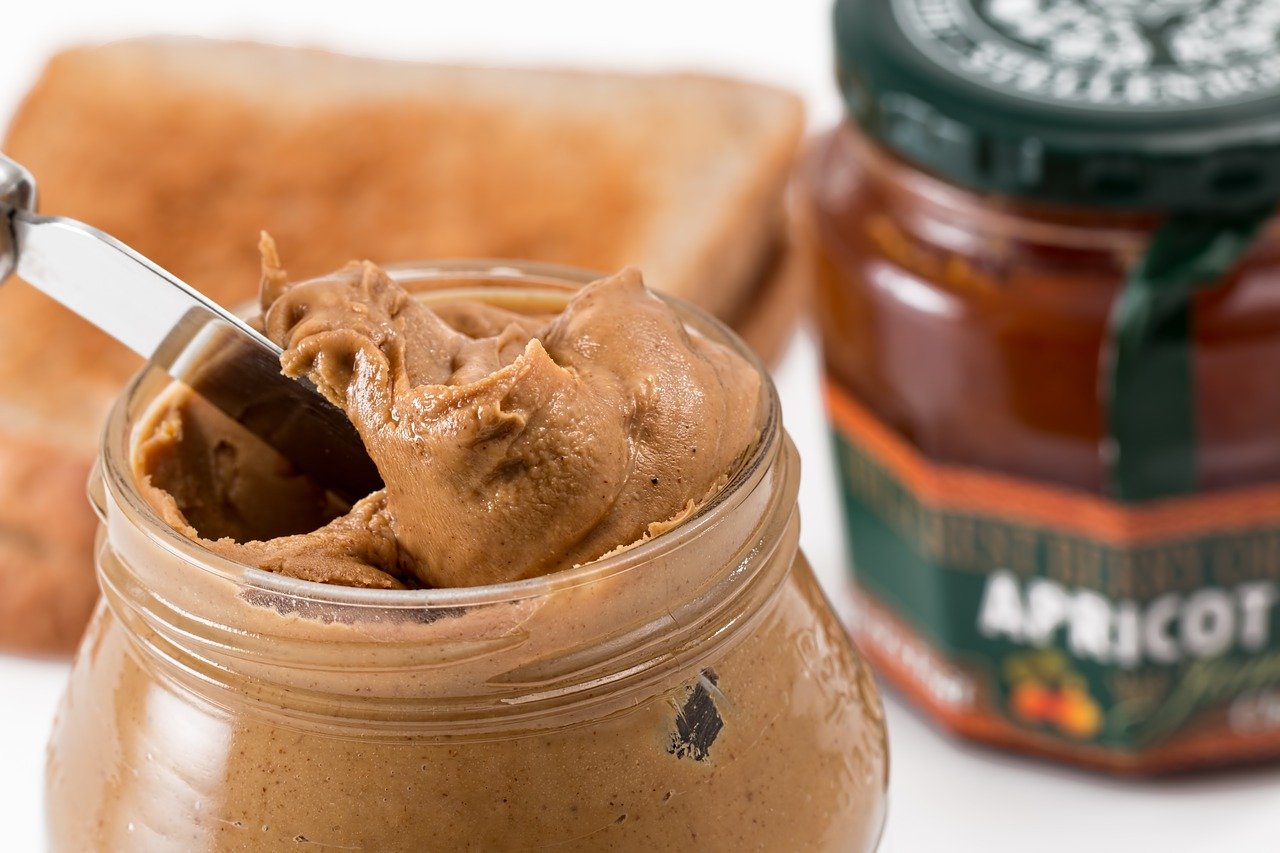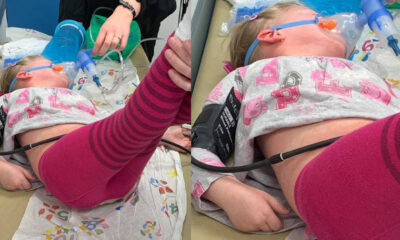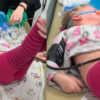Treatment Program for Peanut Allergies Brings Hope
A life-saving treatment program under development at the Cleveland Clinic could soon be the answer for children who suffer from peanut allergies.
Dr. Sarah Hong of the Food Allergy Center of Excellence has come up with the early peanut oral immunotherapy (EPOIT) to help kids under four years old tolerate food with the risky ingredient. She has been working with the children in a step-by-step and supervised process of introducing peanuts in their diet, reversing the established clinical guidelines on peanut allergies over decades ago.
The doctor said that they based the EPOIT program on a 2015 study published in The New England Journal of Medicine that stated the early introduction of peanuts in at-risk children could significantly decrease their chances of developing peanut allergy.
“It was completely the opposite of what we had believed,” Dr. Hong said.
Building Tolerance for Peanuts
According to Cleveland Clinic, doctors in the 1990s recommended removing food with allergens, such as eggs and peanuts, from the diet of at-risk kids. However, despite this recommendation and many parents shunning the allergens, peanut allergy remains one of the top causes of food allergies in 6.1 million Americans, both adults and children.
In schools across the country, there’s always one or two children in a class who suffer from peanut allergies, and more than 40 percent of kids have been through a severe reaction from ingesting or eating peanuts.
In recent times, however, some experts have changed their stance and believe that children could develop at least a “bite-proof tolerance” for peanuts if their immune system can build a tolerance for it. This is what Dr. Hong has been developing at the Food Allergy Center of Excellence.
According to the doctor, the goal of the EPOIT program is to enable kids to eat two peanut kernels without developing an allergic reaction and then increase their intake as they build tolerance. However, Dr. Hong said that this treatment should not be done at home as the child must be monitored and supervised. So far, 80 percent of the children in the program have developed a bite-proof tolerance.
A Peanut Allergy Drug
In 2020, the U.S. Food and Drug Administration (FDA) approved Palforzia, the very first oral drug for managing peanut allergies, specifically. Children between four to 17 years old can take the capsule, which has ingredients like peanut protein and peanut flour, in small amounts.
The drug must be taken at the doctor’s office with a specific number of doses to be given during a six-month course. Tests will have to be done before the treatment as some patients will not be able to tolerate Palforzia.
Taking Palforzia doesn’t mean that a child can eat products with peanuts, as the drug is meant to protect kids from accidental exposure, prevent a severe reaction, and improve the quality of their life. It’s also not a treatment if the child has allergies, so having an epinephrine pen is still needed.














You must be logged in to post a comment Login